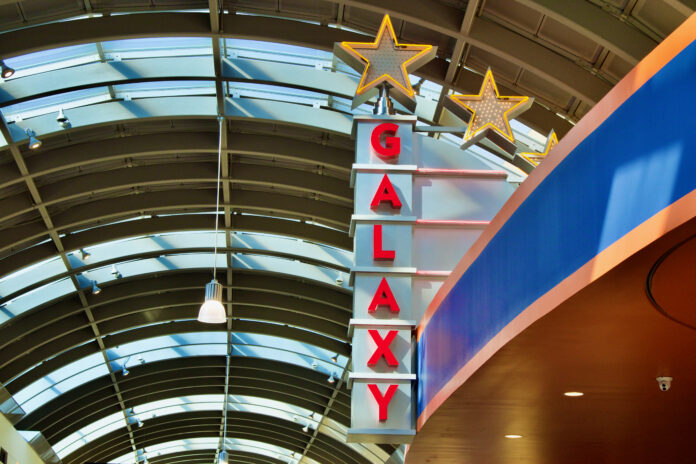The start of the COVID-19 pandemic signaled a pause for movie theaters everywhere, seeing as the whole idea of sitting in a confined space all while consuming mountains of popcorn was the antithesis of social distancing. Now that movie theaters are back open, it would seem that a triumphant return to cinema is imminent, yet recent numbers indicate the opposite.
Many theaters seem to be underperforming at premieres, mainly because Disney Plus and HBO Max have given people access to the latest movies from the comfort of their own homes.
As a result, this begs the question: Is a new wave of cinema underway? Should companies start making movies with the expectations that people will watch it from home instead of the theaters?
“Black Widow” was meant to be exclusively released in theaters, but instead, the film was also available on Disney Plus. The studio reported that it pulled $60 million dollars worldwide on Disney Plus, setting a precedent that there’s money to be made with online premieres. In spite of this, “Black Widow” failed to clear the $100 million hurdle that other MCU movies have easily reached.
Marvel Studios’ “Eternals,” in contrast, has already shattered pre-sale records and is now slated to earn $100 million on opening weekend. Even before its debut, “Eternals” had established itself as a milestone in the industry, and with a theater-exclusive release, it may be just what Marvel needs to reach the $100 million mark.
There is a lot changing with movies right now, and while streaming may seem to be a more viable option, there is still a lot that theaters offer opposed to watching these films from home.
Writer and UNLV Instructor Tex Gresham agreed with this idea, saying, “I feel like they might not be as lucrative financially as they once were on a larger scale, but I think movies are performing very well with this new mixed-release concept. People seem to be watching movies as much as they always have.”
He offered some insight into what happens behind the scenes, explaining that, “No one knows how Netflix makes money, and the same can be said about the profits of other streaming services, and because things are available to stream at the same time they’re released in theaters, pirating films has become as easy as pirating music.”
Ultimately, there’s no real way to quantify earnings for streaming services. Disney’s report seems to only account for people paying for premiere access with no way to quantify money earned from app downloads as a result of the film.
“Dune,” an upcoming sci-fi film, is set to premiere both in theaters and on HBO Max, and with such a stylistic and gorgeous movie, people will flock to see it projected on a massive silver screen. Much like Marvel and Star Wars movies, people will want the full cinematic experience upon watching an action-packed adventure.
Gresham supported this, saying, “I’ll see the next Safdie Brothers or Paul Thomas Anderson in theaters because I want that cinematic magic. There are movies that I regret not seeing in theaters, and I can’t be the only one who feels this way.”
So, has the industry changed? Not as much as we think. Sure, this dual-release platform will continue to exist as long as it makes money, but cinema is not just something we watch, it is something we experience. As long as that remains true, then films will continue to be made to be seen in a theater first.
Gresham concludes, “Movies have an interchangeable element. We can experience them in the theaters or at home, and I think, because my definition of a movie is something created as a product, that experience will be the same. Cinema, motion picture art, requires the theater.”

